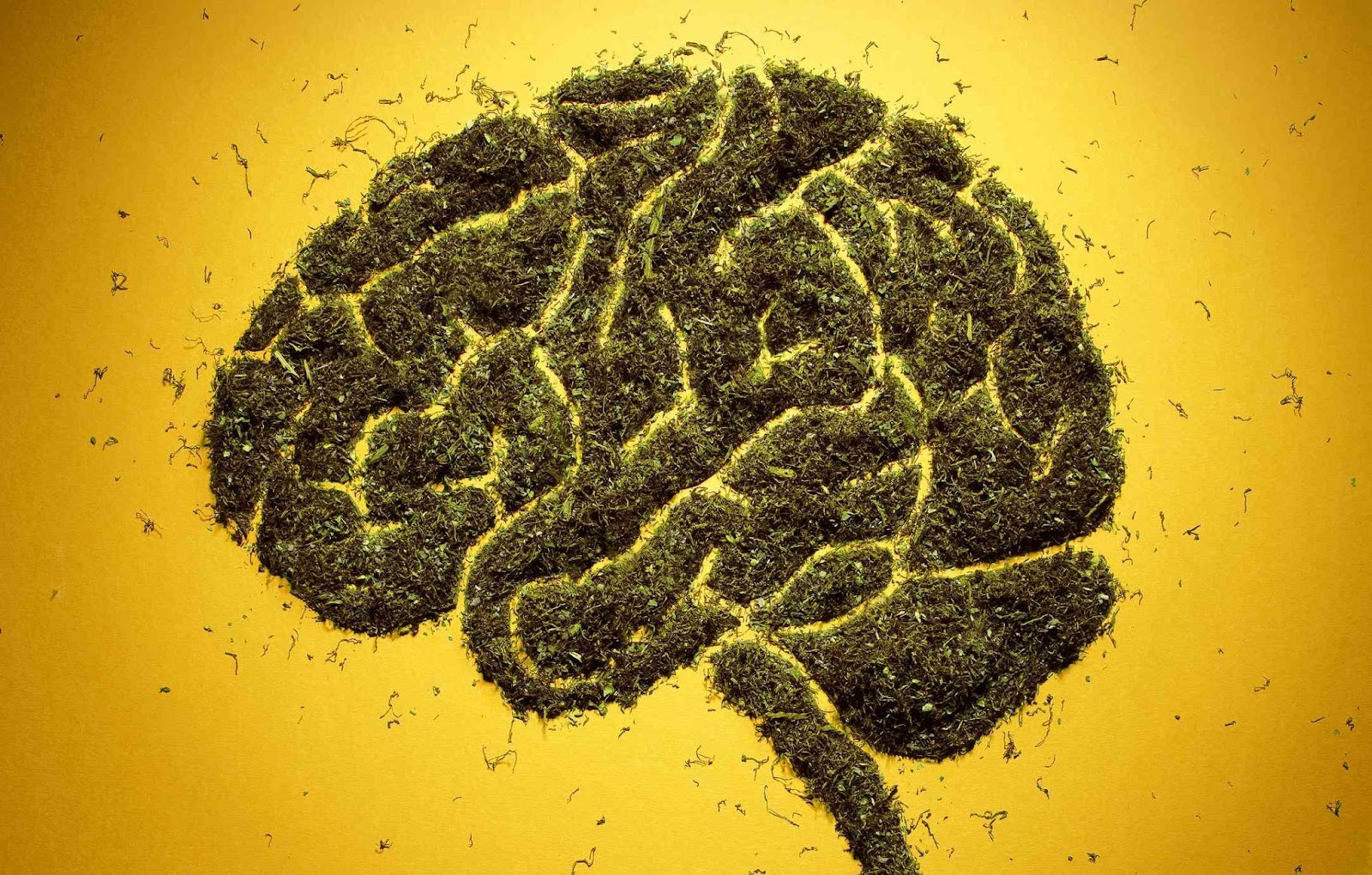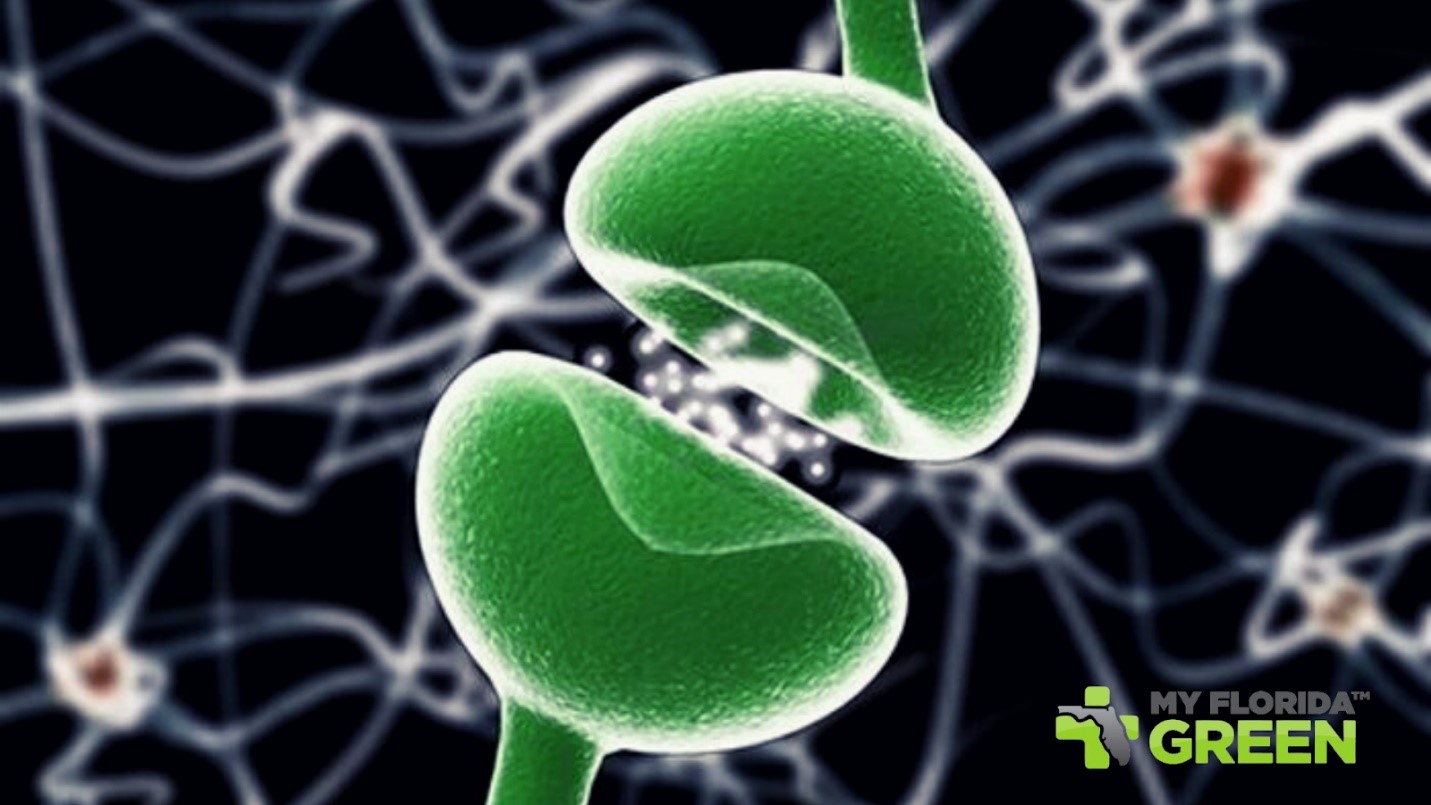The Endocannabinoid System is an intricate, sophisticated, and complex cell-signaling system, and the scientific fraternity is trying to understand how it helps in healing. It has been discovered as an essential neuromodulatory system through the data collected from medical research over the last twenty-five years. This Endocannabinoid System (ECS) was identified in the early 1990s by researchers exploring the effect of Tetrahydrocannabinol (THC), a relatively recent discovery as a compound found in the cannabis plant.
It was seen through the studies that the ECS is a chemical communication system and is responsible for maintaining homeostasis within the body. Homeostasis is accountable for helping the person’s body to maintain a balanced internal environment by keeping the body temperature, glucose level, and blood pressure stable.
ECS also plays a critical role in developing the central nervous system, synaptic plasticity. And the body’s response to endogenous and environmental stimuli. The ECS plays a role in affecting several multiple neural functions, including movement control and motor coordination, as well as impacting learning and memory. The ECS also impacts emotion and motivation and regulates the pain modulators on the nervous system. Data has also concluded that the ECS controls the multiple states of consciousness. Such as controlling the sleep-wake cycle, emotions, perception of pain, affecting attention, and impacting many other neurobiological processes.
Endocannabinoid Structure
The ECS primarily consists of cannabinoid receptors, receptor type 1 (CB1) and receptor type 2 (CB2). And enzymes responsible for synthesizing endocannabinoids in the body. The CB1 and CB2 receptors are found on the surface of cells, and play a vital role and impact various biological processes. Thus playing a significant role in the body’s response to different conditions and illnesses.
Cannabinoid receptor type 1 (CB1)
CB1 receptors are present in the brain, in the Central and Peripheral Nervous Systems. Cannabinoids activate the CB1 receptors, either naturally generated within the body (endocannabinoids) or are introduced into the body. When the person consumes medical marijuana or a related synthetic compound.
Cannabinoid receptor type 2 (CB2)
The CB2 receptors, along with CB1 receptors make the endocannabinoid system. They have an essential function in regulating the system involved in immune response, inflammation, pain response, and other metabolic processes.
Receptor’s role in treating illnesses:
Medical professionals have been working hard to discover the role that ECS can play, in helping to treat various illnesses. As ECS has been found to affect important functions and maintain them at a stable level. The cannabinoid receptors, CB1 and CB2 receptors, located throughout the body. They are mainly investigated for their therapeutic roles, as they are involved in various physiological processes. Both these receptors are considered important pharmacological targets and impact. A wide range of physiological processes such as appetite, mood, and motor regulation, to name a few.
In recent years, The Endocannabinoid System and its CB1 & CB2 receptors have also been studied as a great form of treatment as they mediate the effects of Tetrahydrocannabinol (THC) and Cannabidiol (CBD), the two most common components found in Medical Marijuana. This mediating effect on Medical Marijuana’s main’s components has been vital. And has identified CB1 and CB2 receptors as having important pharmacological applications. Therefore, the genetic and pharmacological impact of ECS has gained great interest. It is in the development of medicines and drug discovery for treating various illnesses. The distribution of the Endocannabinoid System’s multiple components throughout the body has highlighted the physiological and pathophysiological role of ECS pathways. Which help in reducing the symptoms associated with many illnesses, especially ones causing chronic pain and inflammation.
The Association Between the ECS and Endometriosis Pain
More recently, ECS has been implicated with significant benefits in managing pain. It helps in treating migraines and helping in pain reduction in patients with Parkinson’s. Medical researchers have also discovered the benefits of ECS in treating diseases including glaucoma, mood and anxiety disorders, neuropsychological and neurodegenerative diseases, and some respiratory diseases such as asthma. The ECS potentially modulates. The synaptic transmission of neurotransmitters such as dopamine, acetylcholine, and glutamate, to name a few. Which plays a direct role in helping in controlling and elevating moods in mood and anxiety disorders. Hence, ECS can alleviate symptoms of physiological and mental health disorders.
At My Florida Green, we have a team of medical professionals and experts who are well versed in how the ECS interacts with the components found in Medical Marijuana. This interaction is studied, and patients are given the best medical marijuana option, depending on which symptoms. They have and how the body’s natural ECS will work together with THC and CBD to create beneficial results. Therefore, Our experts are continually working to find more about the ECS and aim to improve our client’s quality of life.










